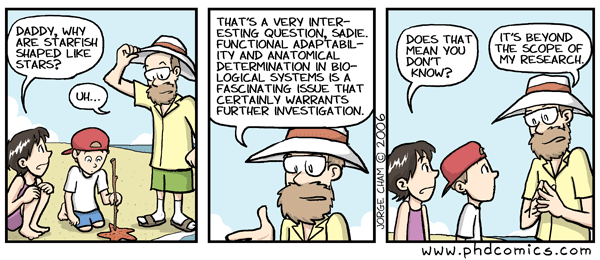Let me further explore the threads in the previous post by taking up a quote on thinking -
Those who know how to think need no teachers - MKG
I decided to jot down my thoughts as I attempted to understand what this quote really meant:
--------------------------------------------------------------------------------
What did he mean by this statement? Does he mean there is a way of thinking that is to be known, sort of structured way of thinking that is more conducive to self growth? I have heard that mathematicians have a structured way of thinking through problems. But then, they also solve a lot of problems and hence think a lot. Is thinking, say by questioning a given statement, shredding it to the minutae, and analyzing each minutae and then putting it back again a way of thinking? And if I were to know this way of thinking and apply it in reality, does that amount to knowing how to think? Does he mean independent thinking? Or does he mean those who think often, need no teachers? Or does he mean if you know how to think, as in withdraw from the world, in a calm environment and think..does he mean that? Whatever be the case, the central element here is ‘what is thinking’? And why is it so important?
Can an analogy be drawn between exercising your body and exercising your mind: the more you exercise, the more you can exercise (body or mind). Is getting insights a valid output of thinking (I am assuming here that I know what an insight is..ha!)? Is effective thinking a function of number of insights you arrive at during your thinking process?
How do you quantify the effectiveness of your thinking? I just realized I am thinking, if this is what thinking is. You can have many thoughts that come through your mind, but only a few maybe relevant to what you are thinking about or maybe you just don’t know if they are relevant or not. Can you know if your insight is because of the propagation of such and such a thought? Is thinking a state of mind? Is it a state of higher awareness?
--------------------------------------------------------------------------------------
Now, you can see my thinking as seen from above is hardly structured and many of the thoughts may not make sense, but the key thing is there are a lot of questions raised. So is thinking just about raising more questions? And how much of thinking is logic?
Analyse this.. You have a question pop up in your mind, say, "What is thinking?". How do you approach this question? You could start with what you know about thinking, past experiences of real deep thought and maybe understand the conditions that lead to such thinking. I don't know what thinking is as of yet, but mimicking these conditions could help me do whatever it is that happens during thinking. But isn't that logic? That's what Neils Bohr had to say: "No, no you're not thinking; you are just being logical."
So if I go by the reductionist approach, there are two processes going on here:a) Arriving at questions b) Addressing these questions through a systematic reasoning process.
One seems due to thinking and the other to what we broadly call logic. But are they really two disparate entities or do they contribute to each other?
Does thinking add to your logic, that is, does it build your logical skills and does logic help thinking?..I mean, to start with, you either have to have logic or thinking (chicken or egg analogy). Now, what do we mean by logic ?
Logic : a particular method of reasoning or argumentation. Notice that, the definition is built around 'a particular method of reasoning', which is indicative of assumptions used to understand a problem, which may also mean the perspective you bring in to understand the problem. And we discussed earlier that thinking might be a process of broadening the perspective or model with which to view the world. So is logic a convenient or specific contextual meaning of the word 'perspective' and can logic be a measure of how much you think?
In conclusion(to this blog), through my understanding of the thinking process and my model of the world, I get an impression(read: abstraction) that thinking is all to do with going to any level of the model we have of the world and analysing the assumptions therein through logic(which involves all levels of the model we have) and refining it or outright discarding it, if the assumptions don't seem right (how this can happen I don't know, since all the logic we have is based on the assumptions of the model with which we view the world and within this context, everything seems self consistent, except that thinking, which is merely raising questions(or is it?), changes these assumptions! Insight might be a key word here that may need further exploration).


No comments:
Post a Comment